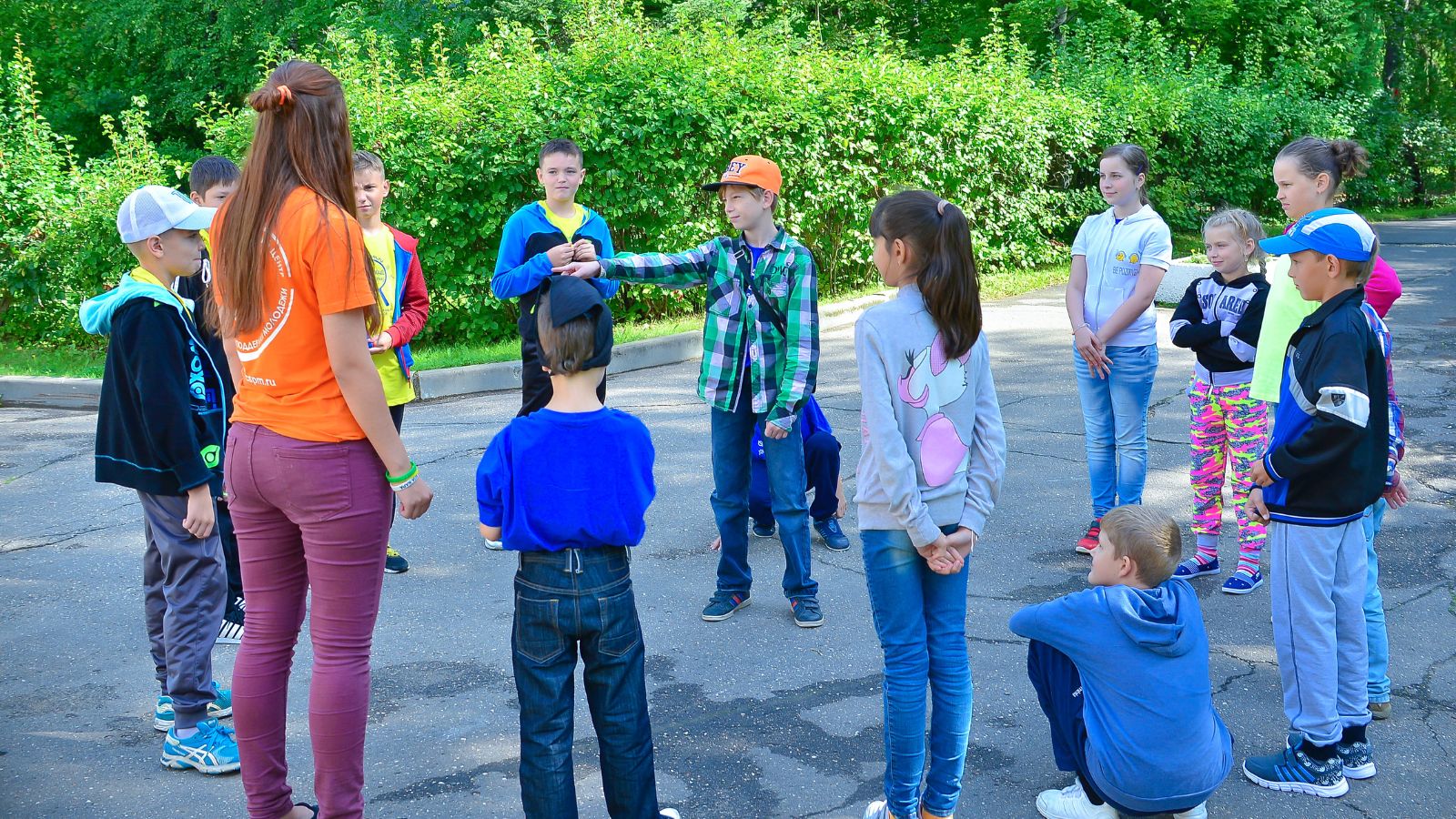Every region across America has some interesting sayings that locals might use every day, but visitors will be confused by. The Midwest has some amazing slang and phrases that sometimes sound like a foreign language to others. Here are 18 sayings that everyone in the Midwest knows and uses.
“Ope!”

You might think that there’s some sort of connection to the Greek ‘Opa!’ here, but ‘Ope!’ is actually a very different phrase. According to Business Insider, “‘Ope’ is a word you say when you’ve made a minor mistake or when you’ve done something on accident such as bumping into someone.”
“If I had my druthers…”

Americans who aren’t from the Midwest might be completely baffled by the word ‘druthers’, but it can be easily switched out for ‘preference’ or ‘my own way’. It likely came from the shortening of ‘would rather’. It’s a useful phrase to politely say how you would have preferred something to be.
“Stop and go lights.”

This one is quite self-explanatory, but many people have never heard of traffic lights being called ‘stop and go lights’ until they’re in the Midwest. This is a very common phrase in Wisconsin and is probably one of the few sayings on this list that can be quickly worked out by a non-local.
“Puppy Chow.”

Although it’s not exactly a saying, you’ll definitely hear ‘Puppy Chow’ being referred to in the Midwest. It’s a snack that is very popular and will certainly satisfy your sweet tooth. Mixing together Chex cereal, chocolate, and melted peanut butter and then sprinkling on some powdered sugar gives you ‘Puppy Chow!’
“That’s a whole nuther thing…”

Although other Americans might say, ‘That’s a whole other thing,’ Midwesterners will nearly always choose, ‘That’s a whole nuther thing.’ This saying is used when either you or someone else in a conversation brings up a related but quite different topic, and you’re trying to keep the conversation on track.
“The Frozen Chosen.”

It’s difficult to pinpoint the origin of ‘The Frozen Chosen’. It can be used to describe more ‘closed-off’ religious groups, and it certainly matches the climate of some of the Midwest. The University of Wisconsin Oshkosh reported that a documentary called “The Frozen Chosen” about “spearfishing on Lake Winnebago” won a “Midwest Emmy.”
“Jeet?”

You have to break down this phrase to get to the hidden meaning underneath. ‘Jeet’ or ‘J’eet’ is a mashed-together version of ‘Did you eat?’. It’s used as a polite greeting and is sometimes followed by an invitation to a meal, but it can just be a friendly inquiry as well.
“You’re fine!”

Politeness is incredibly important in most of the Midwest, but so is replying to someone who says ‘I’m sorry’ or ‘Excuse me.’ What do Midwesterners use as a response? Almost every time, they will break out the old ‘You’re fine!’ saying, instantly putting everyone at ease.
“He’s got the holler tail.”

When someone is feeling ill in the Midwest, you might hear people saying that they’ve ‘got the holler tail.’ The origin of this phrase is actually the saying ‘hollow tail,’ which is what some farmers thought their cows had when they were sick.
“Tough tomatoes!”

It doesn’t take too much effort to guess what someone means when they say that something is ‘tough tomatoes!’ This charming phrase is a funny and nice way of saying ‘tough luck’ which is undeniably Midwestern. You might hear someone saying it to you if you talk to them about something difficult.
“You betcha!”

When someone needs to enthusiastically agree to something or say ‘yes’ in the Midwest, a common saying is ‘You betcha!’ It’s friendly and polite and shows that you support whatever the other person has said. This cheerful phrase might be one of the best-known Midwestern sayings.
“Duck Duck Gray Duck.”

The popular schoolyard game ‘Duck Duck Goose’ plays a little differently in the Midwest—instead, it’s ‘Duck Duck Gray Duck!’ CBS suggests that “Minnesota is the only state where people use ‘Duck, Duck, Gray Duck.’” This might be due to the state’s strong Scandinavian connections.
“Don’tcha know?”

Written in standard American English, this phrase is ‘Don’t you know?’ However, it reflects the local dialects of the Midwest and is often added to the end of other statements. You can think of it as a filler that either emphasizes something or suggests that other people should agree with you.
“Uff da!”

Looking at this saying, you might suspect that it doesn’t have American origins, and you’d be right. ‘Uff da!’ is something that you say when you’re frustrated or surprised (and it can be used for many other emotions too). It comes from the Midwest’s historical Norwegian associations.
“It’s clear across…”

Midwesterners who want to say that a place is across town might use the saying ‘It’s clear across.’ It’s just a short phrase, but it’s one that might not be used by many other people outside the Midwest. Nevertheless, it can be quite useful to know when you’re getting or giving directions.
“Lemme just sneak past ya!”

When two Midwesterners meet in the middle of the sidewalk, there might be a short, polite conversation in which this saying is used. It goes along well with ‘You’re fine!’ and really shows that being well-mannered and polite towards strangers is a Midwestern way of life.
“That’s different…”

However, Midwesterners won’t always agree with each other. The polite way to handle this in a conversation is to respond with ‘That’s different’ or sometimes ‘That’s interesting.’ This phrase rarely means that the other person actually finds what you just said unique or interesting!
“That makes as much sense as government cheese.”

Finally, we’ve come to a phrase that needs a quick history lesson to explain. History describes government cheese as “pungent-smelling processed cheese that had been produced with federal funds.” This disastrous government scheme means that the very worst ideas in the Midwest ‘make as much sense as government cheese!’
Up Next: 17 Places in the U.S. Where Even Truck Drivers Won’t Stop

Truck drivers tend to be hardy souls—well-seasoned travelers who aren’t often afraid to rest up or refuel in risky locations. However, there are certain U.S. locations that even the most road-weary trucker refuses to stop at for fear of criminal activity or natural dangers. Here are 17 such locations that even experienced truck drivers approach with trepidation (or not at all).
17 PLACES IN THE U.S. WHERE EVEN TRUCK DRIVERS WON’T STOP
17 Things Guests Actually Notice Right Away About Your House

Inviting people into your home is a big deal. You may be very house-proud or house-conscious, and if you are either, you’ll likely get anxious about hosting. If this sounds like you, stop worrying and focus on the following 17 things that guests actually notice right away about your house.
17 THINGS GUESTS ACTUALLY NOTICE RIGHT AWAY ABOUT YOUR HOUSE
The 17 Unhappiest States in America

The US has hit an all-time low position in the World Happiness Index, tumbling to 23rd in 2024. However, it’s important to remember that location is an important factor; many US states are very happy, unlike the following 17 US states that appear to be the most unhappy.

